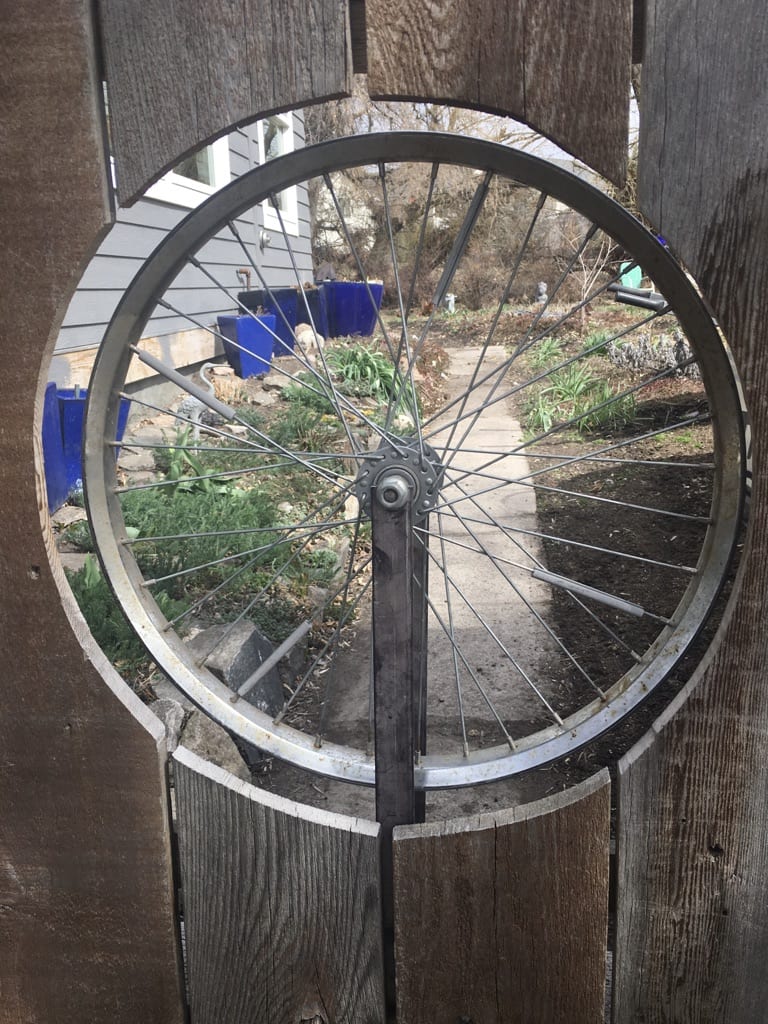If you can only do one thing – the Full Ecology of this day.

An Atlantic Monthly article published this week bears the title: Quarantine Fatigue is Real. Got that right.
Here in the middle of this enormous pivot known as COVID-19 we may be a bit less exhausted than we were in our hyper-busy lives before lockdown. On the other hand, we’re all experiencing a whole new level of not knowing. Bafflement. A failure of imagination, a creeping depression to go with the anxiety we feel as the world threatens to fall to pieces.
Today, some people are returning to work, to shopping, to dining out. Some, already deemed essential, are going to work as usual – still at risk, like all of us, but perhaps knowing that risk more directly. All along the headlines keep repeating, “There’s still so much we don’t know.”
No matter your position on re-opening, we’re all up close to the uncertainty of this virus. We know the elders and the immune compromised among us must keep distance. We know that very many of us are economically desperate, including parents who must feed their children, pay the rent. We know too that, even against what is likely massive under-reporting, nearly 1/3 of the deaths across the planet have happened in our own country.
And still, today came, and here you are up and about enough to read this.
A year ago, we were in the middle of launching this website. Right around the time we also were standing smack in the center of a big stage under bright lights and in front of 500 or so people, closing out the 2019 Bozeman TEDx. Gary’s book The Eight Master Lessons of Nature was six months from publication, but we’d already started generating ideas for turning that guidance from the natural world into daily action.
With the theme of daily action much on our minds, we offer a few ideas – things you can do that make a difference, even in weird times. The first list comes from a friend, a scholar and meditation teacher who has spent her career ranching.
Make your bed in the morning.
Get dressed in real clothes (i.e., not your sweats or pajamas).
Move your body – stretch, do yoga, take a walk, jog in place ….
Eat healthy food (at least, up the healthy quotient).
Go to bed and wake up at the same times and sleep 7-9 hours.
 We’ve been doing these. They help.
We’ve been doing these. They help.
And here’s the action list that we came up with a year ago to directly link the lessons of the natural world with everyday living.
- CONNECTION
Choose something really tasty and planet friendly for dinner tonight. Leave out meat – just for tonight. Get creative! Build your dinner around the 4 most eco-friendly foods: garden peas, beans, broccoli and onions.
- VARIETY
Write a letter, a postcard or email. Really. Sit right down and write. Write your elected public leaders. Google policy-making agencies. Your federal or state Fish & Wildlife Service, Forest Service, National Park Service, State Park Service. What issues are before them? Write in support of variety – of diverse ecosystems.
- BALANCE
Actively seek out someone who might need a boost. Leave a flower where they’ll find it. Maybe a note that says, “You’ve got this.” Be subtle. Even anonymous. Give them some reminder that they are worthy – cared about – a reminder that their presence matters.
- RELATIVES
Put a bowl of water outside your door for neighborhood dogs. The nighttime racoons, opossums and skunks, the random squirrels and more than a few birds will appreciate it, too.
- EFFICIENCY
Take today to walk somewhere you usually drive. It’s that simple.
- RESILIENCE
Visit the Arbor Day Foundation’s website to learn what trees do well in your state and region. Get one of them. Plant it. Tend it. And watch it grow.
- ELDERHOOD
Find someone wise. Ask a sincere question. Listen closely. In this way, you honor and learn from Elderhood even as you nurture your own inner-elder.
- UNCERTAINTY
Find a way to get out of the way of mystery. Let the grass in your lawn grow longer than usual and stop from time to time to see what makes its home there. And if you have no lawn, bring a new house plant into your room, watch it more closely than you might otherwise – how it changes each day – how it flourishes.
This day, we’re invited, as ever, to reclaim our human nature. We take one step and then the next. Here in the change – in the anxiety and fatigue, in the small joys and comforts that show up, nonetheless.
Here in what’s real.
Recent Comments